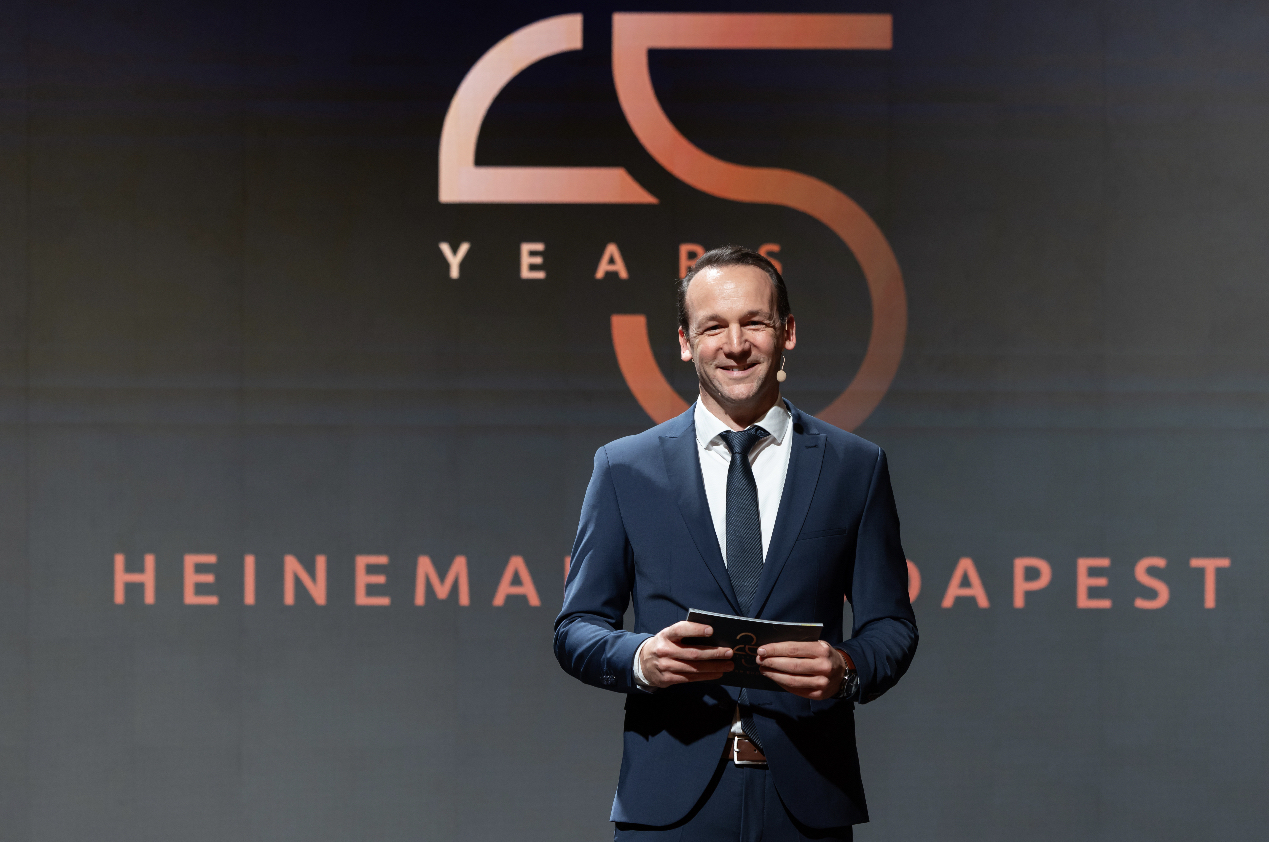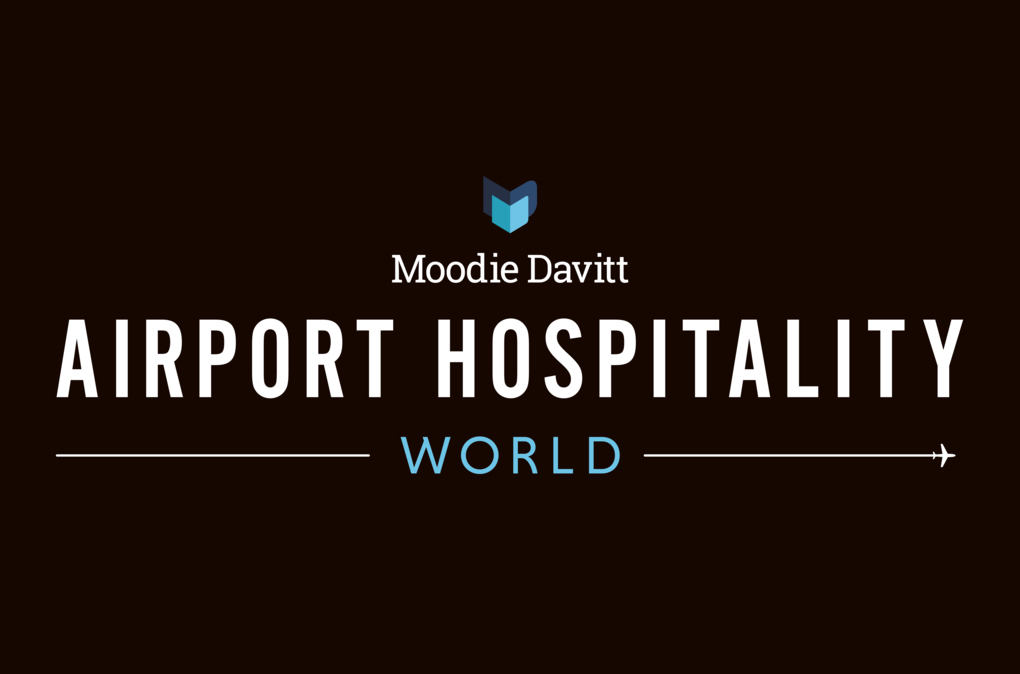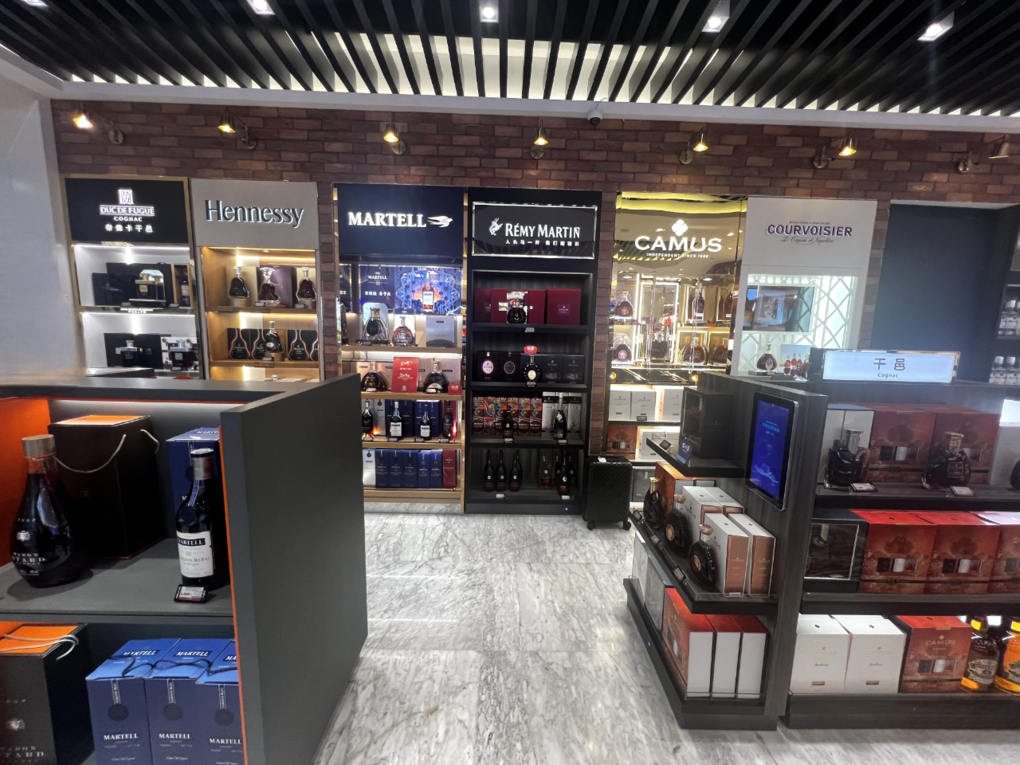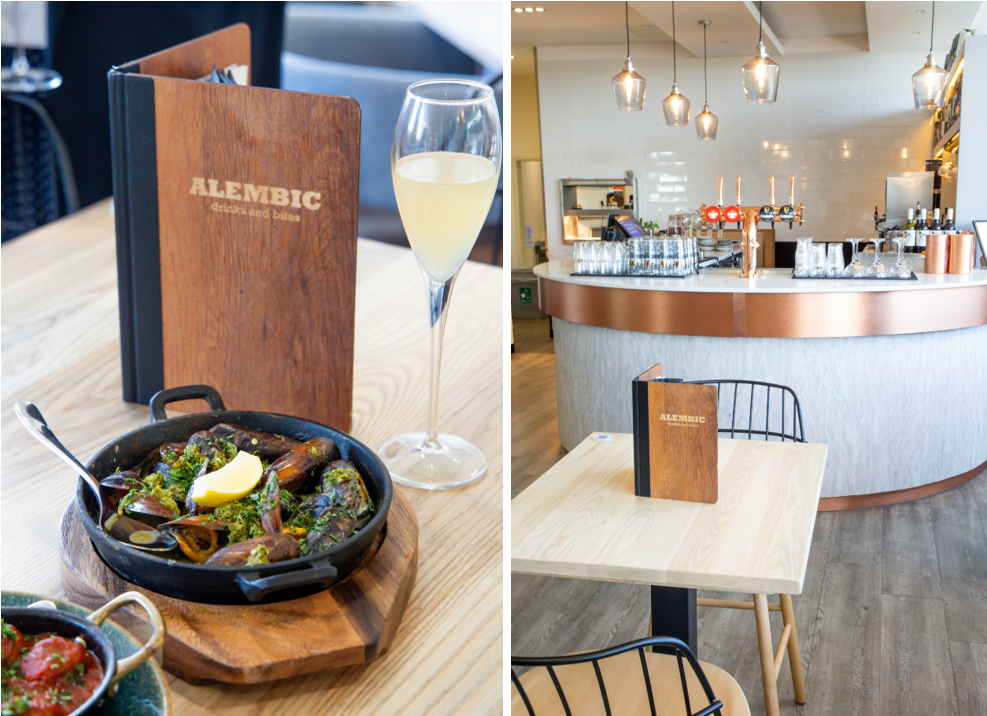HUNGARY. The Central and Eastern European Travel Retail Association (CEETRA) staged a well-attended event in Budapest last week. Overarching themes included the important role of regional brands and advocacy.
The bi-annual gathering welcomed retailers, suppliers, airport commercial management and service providers from across the CEE region.
CEETRA Chairman (and Lagardère Travel Retail Poland Managing Director) Andrzej Milaszewicz reminded attendees of his objective to enhance networks by creating a “communication junction” in the region. He thanked Hungarian winery Sauska, one of the largest local duty-free suppliers, which hosted a networking evening for attendees on 24 April.
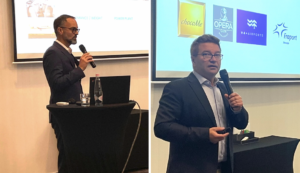
Budapest Airport Retail and Property Director Mirko Fechner also welcomed delegates, stressing how important the travel retail channel is for the airport operator.
M1nd-set Owner & CEO Peter Mohn shared updated passenger figures and data for the CEE region. Using IATA and m1nd-set data, he presented forecasts which predict Budapest and Warsaw will be the busiest airports in the CEE region this year with around 8.3 million passengers each, followed by Bucharest and Prague (7.5 million each).
He said passengers in the region are more likely to buy on impulse than in the rest of Europe and less likely to interact with staff – an opportunity for operators to improve, he stated.

European Travel Retail Confederation General Secretary Julie Lassaigne outlined plans ahead of the upcoming EU elections. “Engagement of regional and local associations is very important to us,” she stressed. “And even though we coordinate on EU level, we could not do it without them.”
Lassaigne also focused on the travel retail industry’s sustainability initiatives and encouraged stakeholders to voluntarily “reduce, re-use and re-fill” packaging. Some regulations, such as mandatory deposit return schemes for single-use plastic bottles and metal beverage containers, are sometimes implemented without considering the special needs of the duty-free channel, she noted.
“Members of the Association will continue to receive timely information on planned and actual legislation,” Lassaigne added.
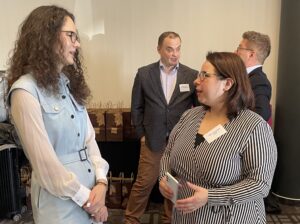
Bence Biro, Managing Director of Gebr. Heinemann’s Hungarian subsidiary Magyar Duty Free, was joined in speaking by colleagues Barbara Puncsák (Retail Development) and Eszter Udvardy (Assortment & Marketing). They gave insights into how store design and engagement with local brands deliver unforgettable experiences for customers and create long-term assets for activations.
From hand-painted décor to bespoke coloured tiling evoking designs of famous buildings in Budapest, their presentations were “packed with inspirational details”, CEETRA said.
CEETRA observed that every fourth product sold by duty-free operators in the region are local. Two of these “local heroes” were asked to share their story on stage
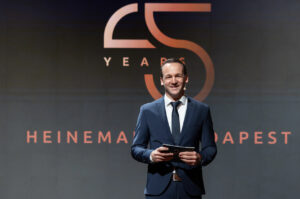
ChocoMe, a Hungarian confectionery brand offering exclusive hand-made chocolate creations, has grown from a 2010 start-up into a global player, and now has a presence in 23 duty-free shops in airports and cruise ships. Founder Gábor Meszáros reported strong sales growth (with pre-pandemic numbers already exceeded in 2022) and noted how the brand has “benefited greatly” from airport tastings and promotions.
Dr Bálint Dámosy, Ginsmith and Founder of Hungarian’s first craft gin distillery OperaGin, said the secret of success starts with quality ingredients, and that locally sourced lavender and poppy seeds provide the floral and nutty aromas to the spirit. The brand’s award-winning bottle labels feature the Budapest Opera House and add to the appeal for gifting in travel retail, he noted.
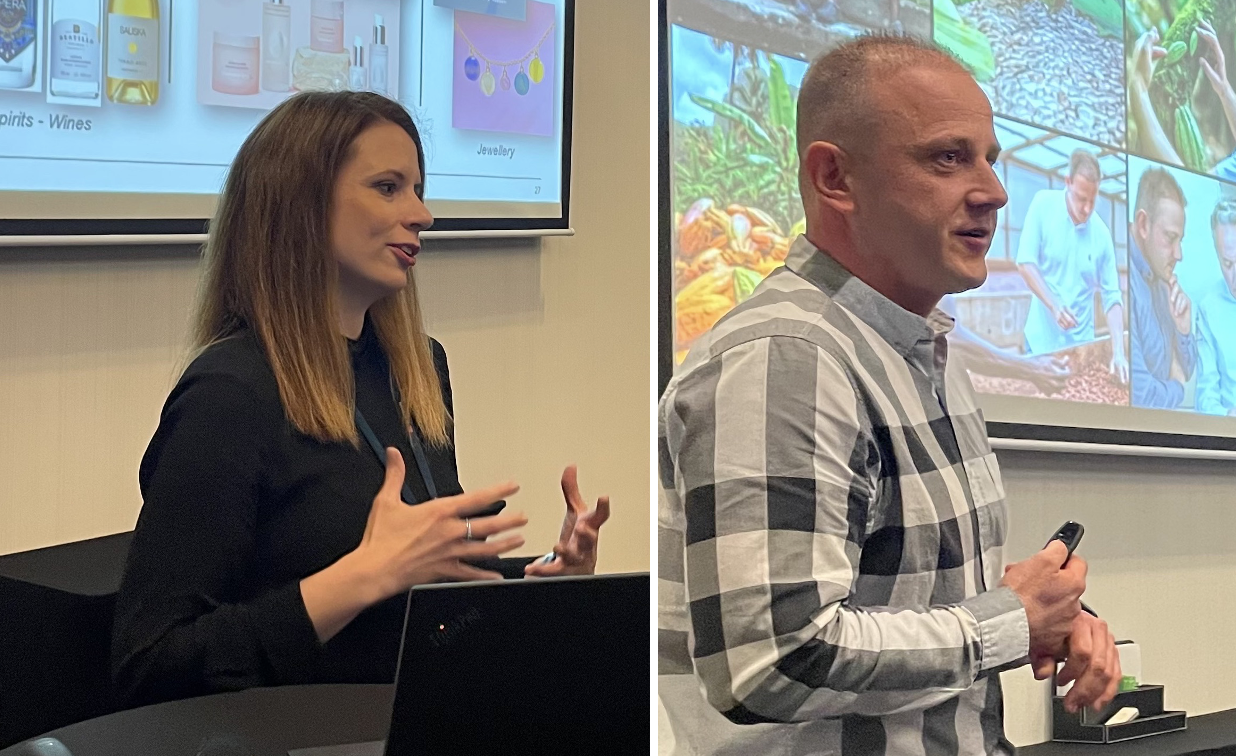
Budapest Airport Development Director Martins Tamovics revealed the travel hub’s expansion plans to service increasing passenger demand. Participants learned about the challenges of balancing the interests of all stakeholders, and how the development team integrates the needs of commercial partners in the master planning process. “We are looking for a sustainable balance in capacity development, revenue growth and quality,” he said, noting that retail and F&B offerings are an important part of a high-quality passenger experience.
A glimpse into the future of aviation was provided by Patrick Bohl’s presentation of EVIA Aero’s vision on growing air travel in a scalable, sustainable yet economically viable manner. The German company will operate regional flights using emissions-free aircraft such as Eviation’s Alice.
“We support the regional economy providing customers the opportunity of affordable, time-saving and sustainable travel,” said Bohl, who said the Bremen-based team is in advanced discussions with numerous airports to invest in photovoltaic solar energy plants and recharging facilities. ✈




